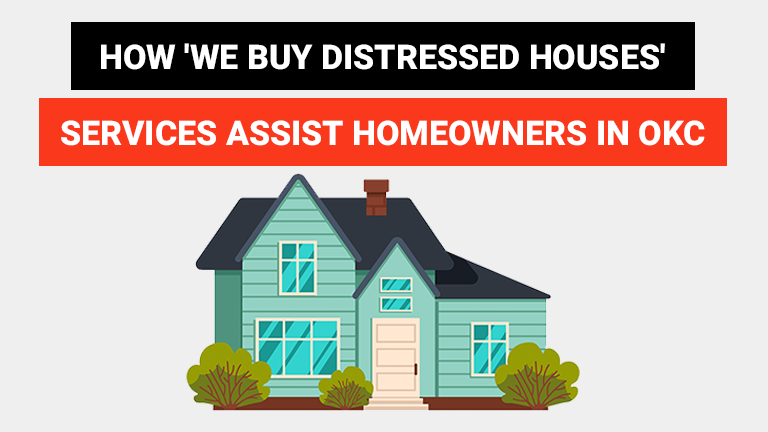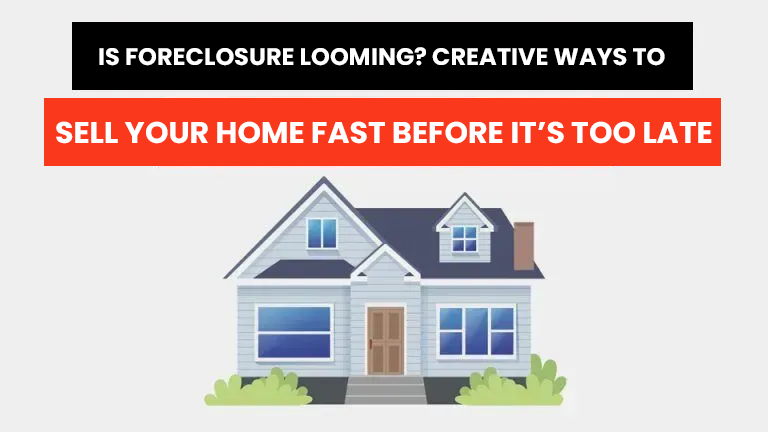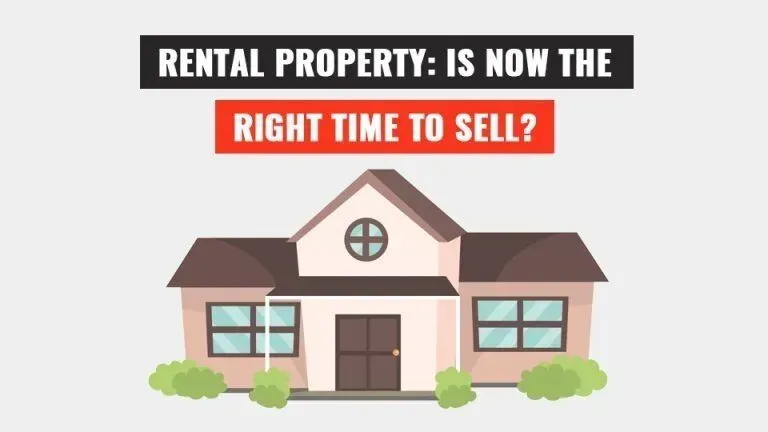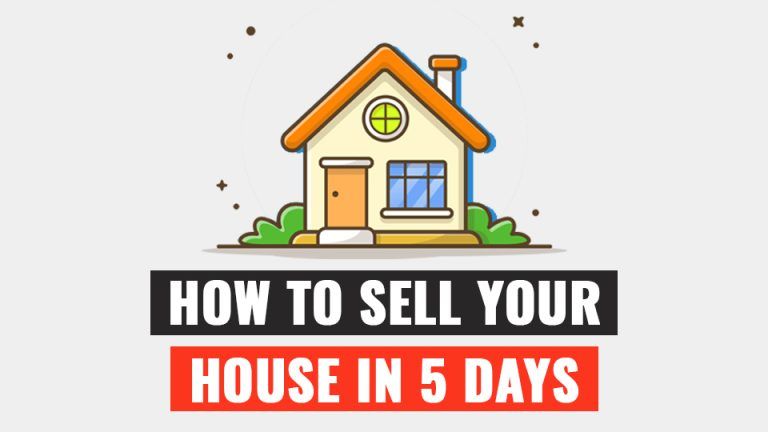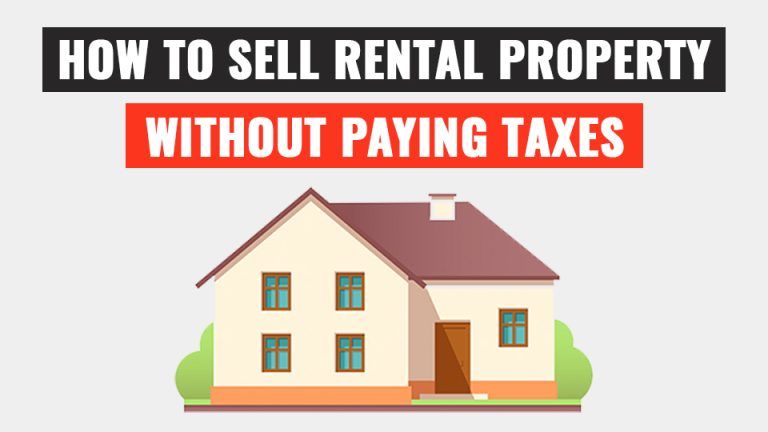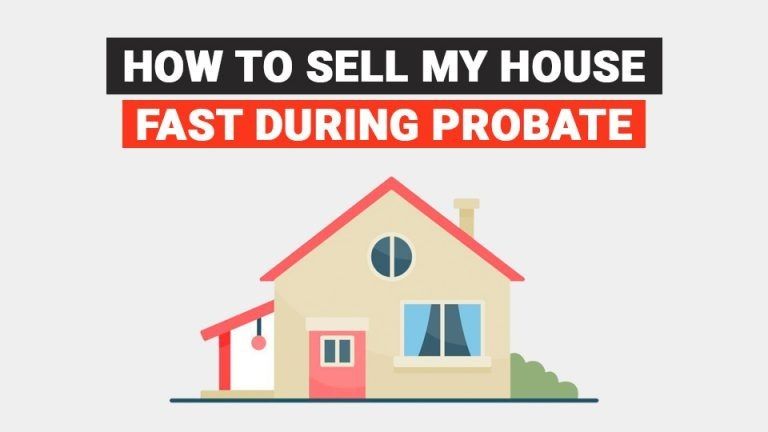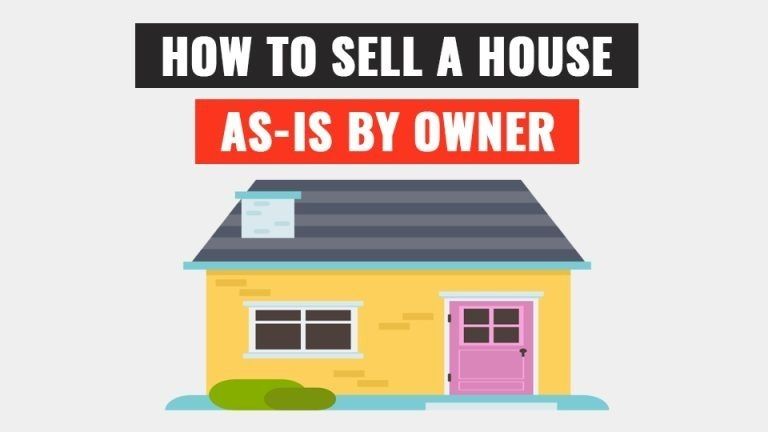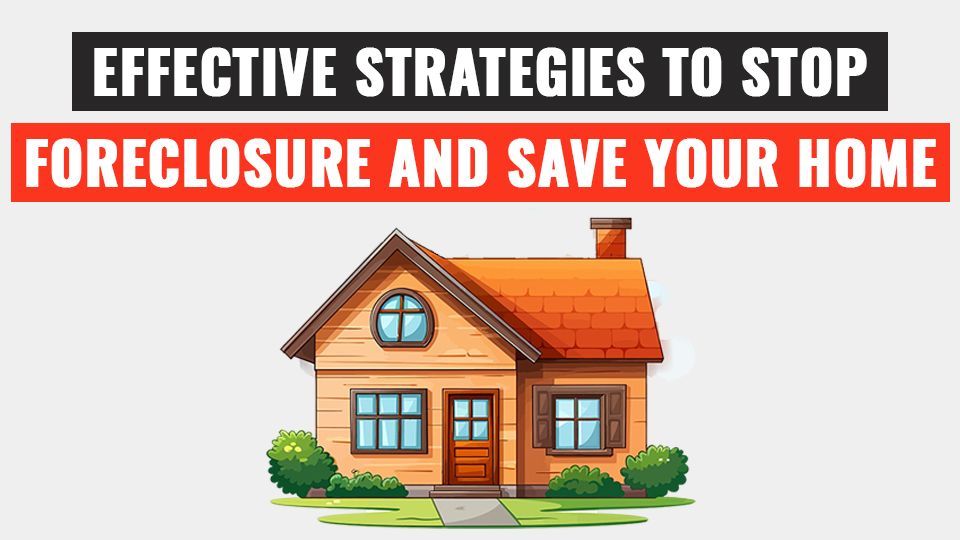
10 Effective Strategies to Stop Foreclosure and Save Your Home
Facing foreclosure can be one of the most stressful experiences a homeowner can endure. The thought of losing your home, which holds countless memories and investments, can feel overwhelming. However, it’s essential to know that there are effective strategies available to help you stop foreclosure and save your home.
By taking action early and exploring your options, you can regain control of your financial situation and work towards keeping your property. This guide will outline ten practical strategies to help you navigate this challenge, including how to sell your house to avoid foreclosure.
1. Contact Your Lender Immediately
The first step in stopping foreclosure is to communicate with your lender as soon as you realize you may miss a payment. Lenders often prefer to work with you to find a solution rather than go through the lengthy and costly foreclosure process. By reaching out, you open the door to potential options that may help you keep your home.
When you contact your lender, explain your situation and express your willingness to find a solution. They may offer options such as a temporary payment plan or other assistance programs designed to help homeowners in distress. The sooner you contact your lender, the more likely you are to find a solution that works for both parties.
2. Apply for a Loan Modification
A loan modification can be a powerful tool in your foreclosure prevention strategy. This process involves changing the terms of your existing mortgage to make your payments more manageable. By applying for a loan modification, you may be able to lower your interest rate, extend your loan term, or even reduce your principal balance.
Submit a formal request to your lender, along with documentation of your financial situation. This may include income statements, tax returns, and details about your expenses. If approved, a loan modification can significantly reduce your monthly payments, allowing you to stay current on your mortgage and avoid foreclosure.
3. Request a Forbearance Agreement
If you are facing temporary financial hardship, a forbearance agreement may be a suitable option. This agreement allows you to pause or reduce your mortgage payments for a specified period, giving you time to improve your financial situation
Contact your lender and explain your circumstances. If they agree, you will need to adhere to the terms of the agreement, which may include a timeline for resuming regular payments. A forbearance can provide the breathing room you need to get back on your feet and prevent foreclosure while you work on your financial recovery.
4. Pursue a Repayment Plan
If you have fallen behind on your mortgage but can now afford to make regular payments, a repayment plan may be an effective way to catch up. This plan allows you to continue making your regular mortgage payments while adding an additional amount to cover the missed payments over time.
Discuss your situation with your lender and propose a feasible amount you can afford to pay each month. They will review your financial situation and may agree to a plan that helps you regain your footing. By sticking to the repayment plan, you can effectively stop foreclosure and bring your mortgage back to good standing.
5. Consider a Short Sale
If keeping your home is no longer feasible, a short sale may be a viable alternative. In a short sale, you sell your home for less than the amount owed on your mortgage, with the lender's approval. This option allows you to avoid the lengthy foreclosure process and minimize the impact on your credit.
Contact your lender to discuss your situation and obtain their consent. Once approved, you can work with a real estate agent to list and sell your home. While a short sale will still affect your credit, it is generally less damaging than a foreclosure, allowing you to move on with your life more quickly.
6. Explore a Deed In Lieu Of Foreclosure
A deed in lieu of foreclosure is another option to consider if you are unable to keep your home. This process involves voluntarily transferring the title of your property to the lender in exchange for being released from your mortgage obligations.
Contact your lender and express your interest in a deed in lieu. They will review your financial situation and may require you to provide documentation to prove that you cannot afford the home. If approved, this option can help you avoid the foreclosure process and potentially negotiate more favorable terms for your exit from the property.
7. File for Bankruptcy
Filing for bankruptcy can provide immediate relief from foreclosure proceedings. When you file for bankruptcy, an automatic stay goes into effect, halting all collection activities, including foreclosure. This can give you the time you need to reorganize your finances and explore your options.
There are two main types of bankruptcy for individuals: Chapter 7 and Chapter 13. Chapter 7 involves liquidating assets to pay off debts, while Chapter 13 allows you to create a repayment plan to catch up on missed payments. Consulting with a bankruptcy attorney can help you determine the best course of action based on your circumstances.
8. Seek Assistance From Housing Counseling Agencies
Housing counseling agencies can be invaluable resources when facing foreclosure. These organizations offer free or low-cost advice and can help you understand your options and rights as a homeowner.
Visit the U.S. Department of Housing and Urban Development (HUD) website. They maintain a list of approved counseling agencies across the country. A housing counselor can assist you in communicating with your lender, understanding complex financial documents, and developing a plan to avoid foreclosure.
9. Refinance Your Mortgage if Possible
If your financial situation has improved, refinancing your mortgage may be an option to consider. This process involves taking out a new loan to pay off your existing mortgage, ideally with better terms that make your payments more manageable.
Apply with a lender and provide documentation of your income and creditworthiness. If approved, you may secure a lower interest rate or extend your loan term, both of which could reduce your monthly payments. However, refinancing can be challenging if you are already behind on payments, so carefully assess your options before proceeding.
10. Sell Your House As-Is for Cash
If other options are not viable, selling your house as-is for cash could be a way to avoid foreclosure. This approach involves selling your home in its current condition to a real estate investor or company that specializes in quick purchases.
Research companies in your area that buy houses for cash. Get multiple offers to ensure you're receiving a fair price for your property. While you might not get as much as you would in a traditional sale, this method allows you to sell quickly and potentially walk away with some cash after paying off your mortgage. This can help you avoid the credit damage of foreclosure and give you funds to start fresh elsewhere.
Sell Your Home Fast for Cash
If you need to sell your house fast but don’t want the hassle of a traditional home sale, contact Local Guy Buys Houses. We buy houses as-is. No repairs are needed. Avoid closing costs and realtor commissions. Close in as little as seven days. Call 855-205-5999 to get a fast cash offer from our local home buyers.

